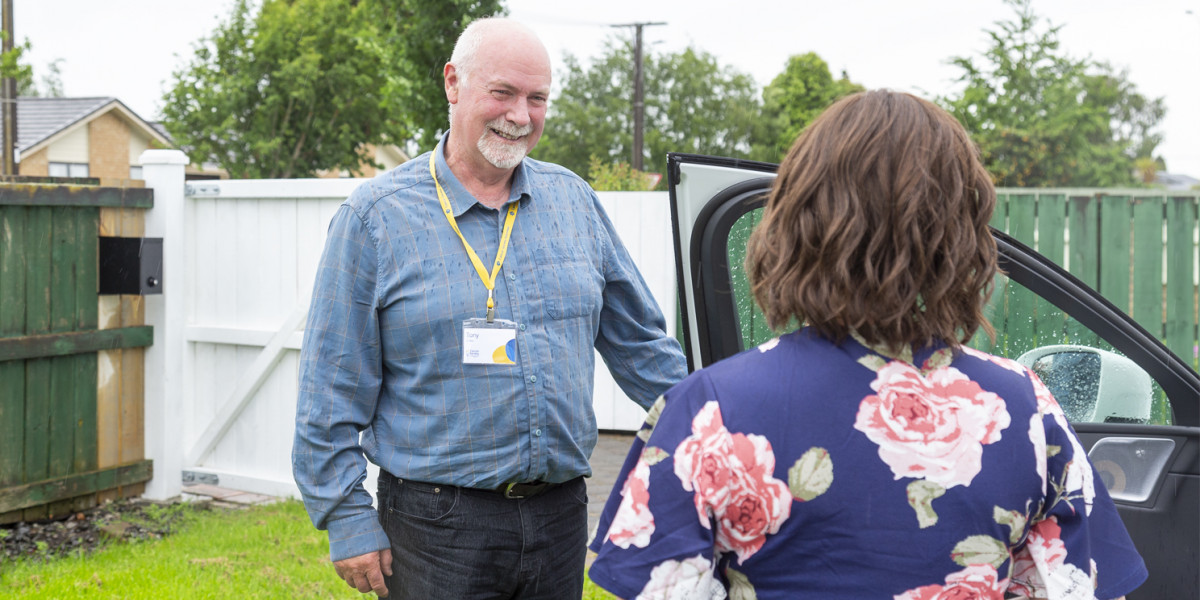It's a good idea to find out what help you can get to travel to your cancer treatment and related appointments.
Talk to your treatment team about the National Travel Assistance Scheme if you need to travel long distances for treatment.
The Cancer Society has been monitoring people’s experience and use of the National Travel Assistance (NTA) scheme across the country. We have observed that the criteria used to assess eligibility for NTA assistance is too complicated.
The Cancer Society has raised this issue with the Ministry of Health multiple times and contributed to the NTA review which was finalised in 2019. However, since then, the scheme has not been changed in any way, and the Cancer Society is frustrated that the process is moving too slowly.
People are experiencing the following
- Accommodation/travel assistance will only be granted under specific criteria that consider distance and frequency of travel. It is confusing and limiting. Current criteria does not consider limited income, additional health needs of the applicant, it does not take into account places where there are limited public transport options.
For example, patients who live in Wairarapa and need to travel to Wellington for their treatment or who live in Queenstown but their cancer treatment is provided in Dunstan do not meet distance criteria for the NTA. - People in extremely difficult financial situations struggle to cover their expenses, mainly because travel and accommodation costs are reimbursed afterwards, not beforehand.
- The eligibility criteria are interpreted differently by DHB travel coordinators that results in inconsistent application across the country.
- People don’t know about the NTA scheme and rely on their specialists or health services to help them access it.
- It’s onerous to complete the paper-based reimbursement claims and some people give up in the process.
- Hospital parking is not covered.
We want everyone to be able to access their treatment easier:
People are already going through a difficult time during cancer treatment and they should not have to jump through hoops just to get there. We want NTA scheme changes to improve equity and outcomes for people diagnosed with cancer or chronic conditions. We want the NTA scheme to be easier to understand and access. The key to these outcomes is a positive change in the NTA criteria, eligibility, transparency and application across the country.
In particular, we want to see the following changes:
- An accessible, nationally consistent digital application system.
- Timely assistance – this means payment before treatment, not after treatment.
- A wider knowledge of the availability of the NTA scheme.
- A wider range of criteria taken into account when assessing eligibility for the NTA
- A change in the approach of setting threshold for the total number of appointments.
For example, if the first specialist appointment leads to treatment it should be counted as a trip under NTA; if a planned admissions via emergency department is under specialist direction, it should be measured in the total number of appointments attended under NTA.
- Hospital parking is covered under the NTA.
- Reimbursement rates that are reflective of current costs.

